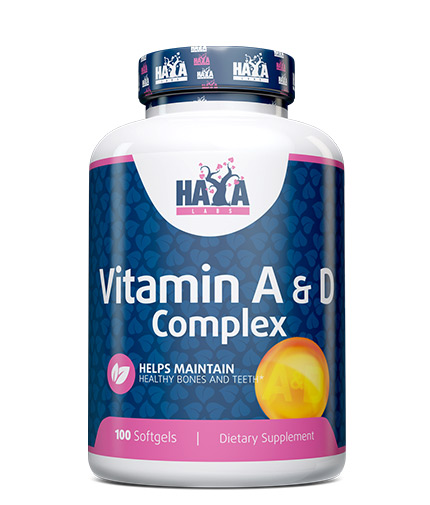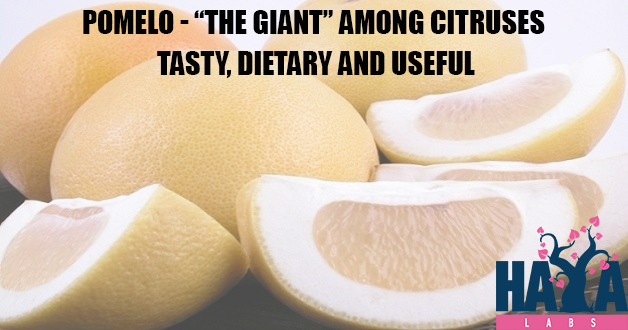
Pomelo - “The Giant” among citruses - tasty, dietary and useful
0
1156
In fact, pomelo is much more.
Origin of the Pomelo
Pomelo (Citrus maxima or Citrus grandis) is a citrus tree that gives the largest citrus fruit. It originates in Southeast Asia and has been grown for nearly 4,000 years. In China, they grew up before Christ.
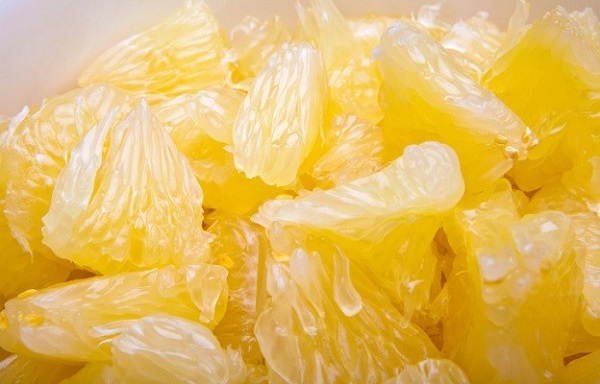
Today it is grown mostly in the southern parts of China, Thailand, Taiwan, South Japan, Vietnam, India, Indonesia, the Tahitian islands and Israel. For the New Year, the Chinese give their fruit as a symbol of prosperity and prosperity. Large pomelo plantations are grown in the United States and South America, and the giant citrus enjoys enormous popularity in Europe as well.
The fetus
The fruit of the pomelo is round, slightly flattened, with a thick crust. When it is still green and immature, the marsh is light green, and the ripe berries are yellowish. Fruits can vary in size - from 10 to 30 cm in diameter and the maximum weight they reach is 8 kg.
Over the last decade, our cultivars have been cultivated, which, though not so juicy, are sweet enough to consume. Cultivated varieties have a flavor similar to that of grapefruit, but to taste they are not as bitter. The tins, as well as the grapefruit, are quite thick.
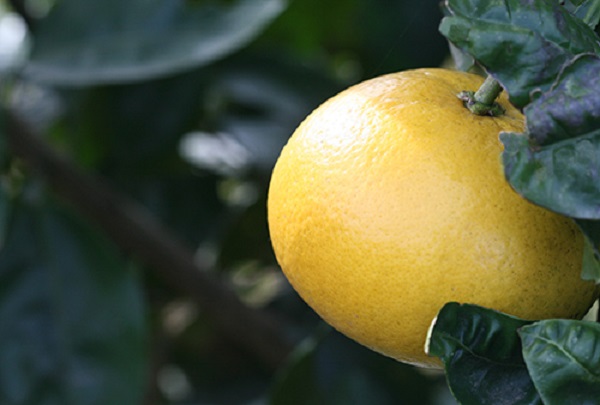
Nutritional properties and benefits
100 grams contain 36 kcal, 0 grams of fat, 0.7 grams of protein, 9.1 grams of carbohydrates, 58 milligrams of vitamin C, 1 gram of fiber, 205 milligrams of potassium and 1 milligrams of sodium.
Pomelo is a fruit rich in vitamin C, vitamin A, antioxidants, minerals (especially potassium) and high in essential oils. Its exceptional nutritional properties and valuable health attributes make it a useful assistant in the fight against viral diseases.
Thanks to the high content of vitamin C, antioxidants, and essential oils, it reduces the risk of colds.
Sweet juice is used in the treatment of hypertension and cardiovascular diseases (lowers blood pressure and prevents atherosclerosis), strengthens the immune and nervous system.
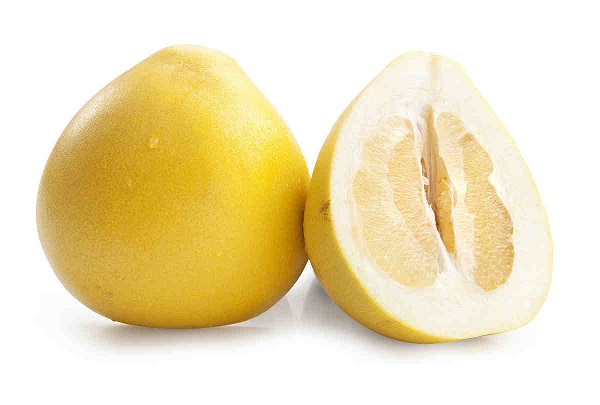
Rarely, it is recommended as a suitable means of purification.
read more
Pomelo helps remove toxins and activates the functioning of the kidneys, the digestive system, and the liver. Stimulates the formation of white blood cells.
Besides being delicious, this citrus fruit is dietary and very useful.
It is low calorie, free of fat and cholesterol, making it an ideal ingredient for weight loss diets and a faithful weight loss assistant.
In Thailand, the fairy is considered miraculous. They say that if for three years one meal is eaten every day, asthma and tuberculosis go away.
In addition, the Thais are convinced that fruit users after a year become better, responsive, savvy, open and loving and that with the help of the giant citrus can even cure cancer.
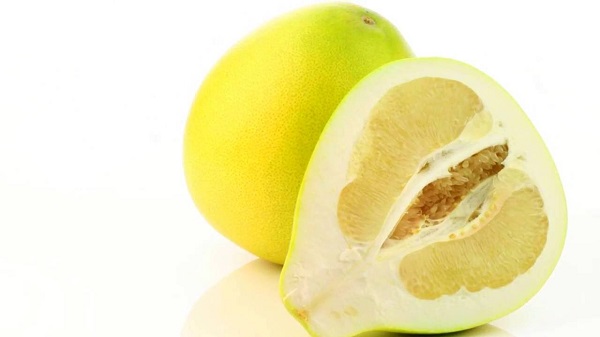
How to Choose and Store Pomelo
The pomelo is sold both per piece and per kilogram. In addition to large hypermarkets, it can be found in small neighborhood fruit and vegetable stores, which is proof of its widespread popularity. To make sure you are buying mature marsh, you have to pick yellow-berry fruit.
Pomelo is a very durable fruit, so if you happen to buy it badly ripe, you can leave it for a few days to soften and enhance its taste. It is not necessary to keep in the refrigerator.
Consumption and application - in culinary and perfumery
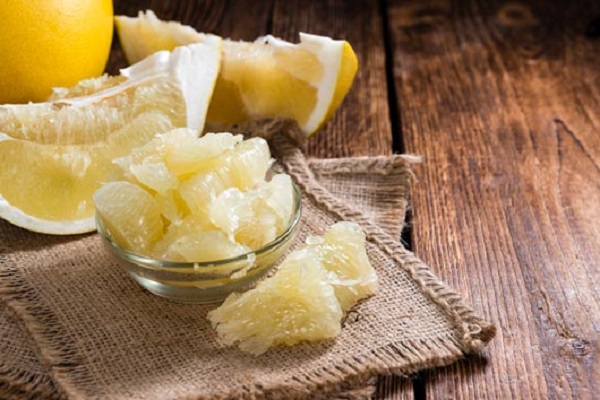
It is most commonly consumed as a fresh fruit. It can be included in fruit salads and desserts as well as used for fruit juices. Its grated bark can be added to jams and syrups.
Pomelo is also added to vegetable salads and seafood salads, suitable for garnishing fish dishes.

